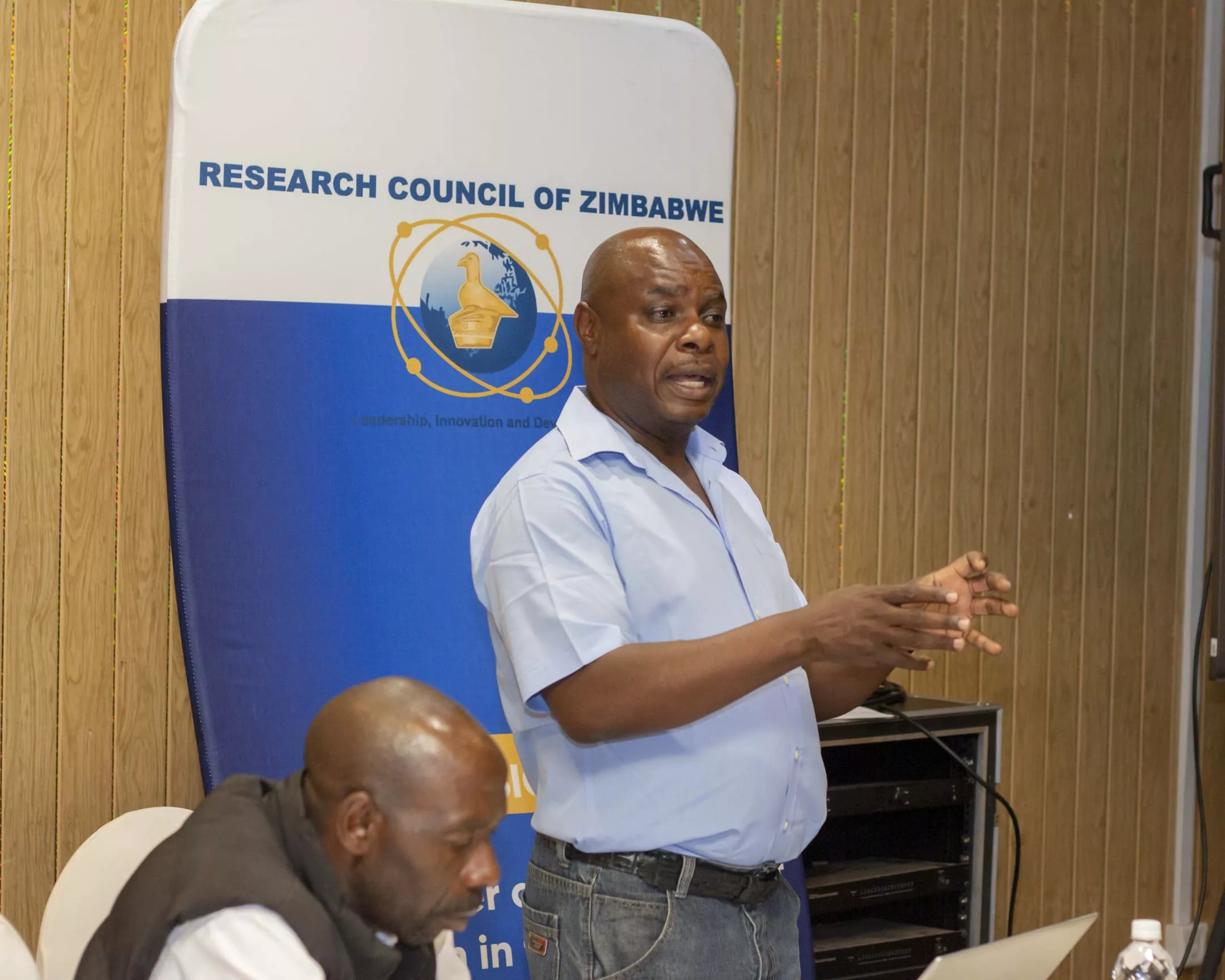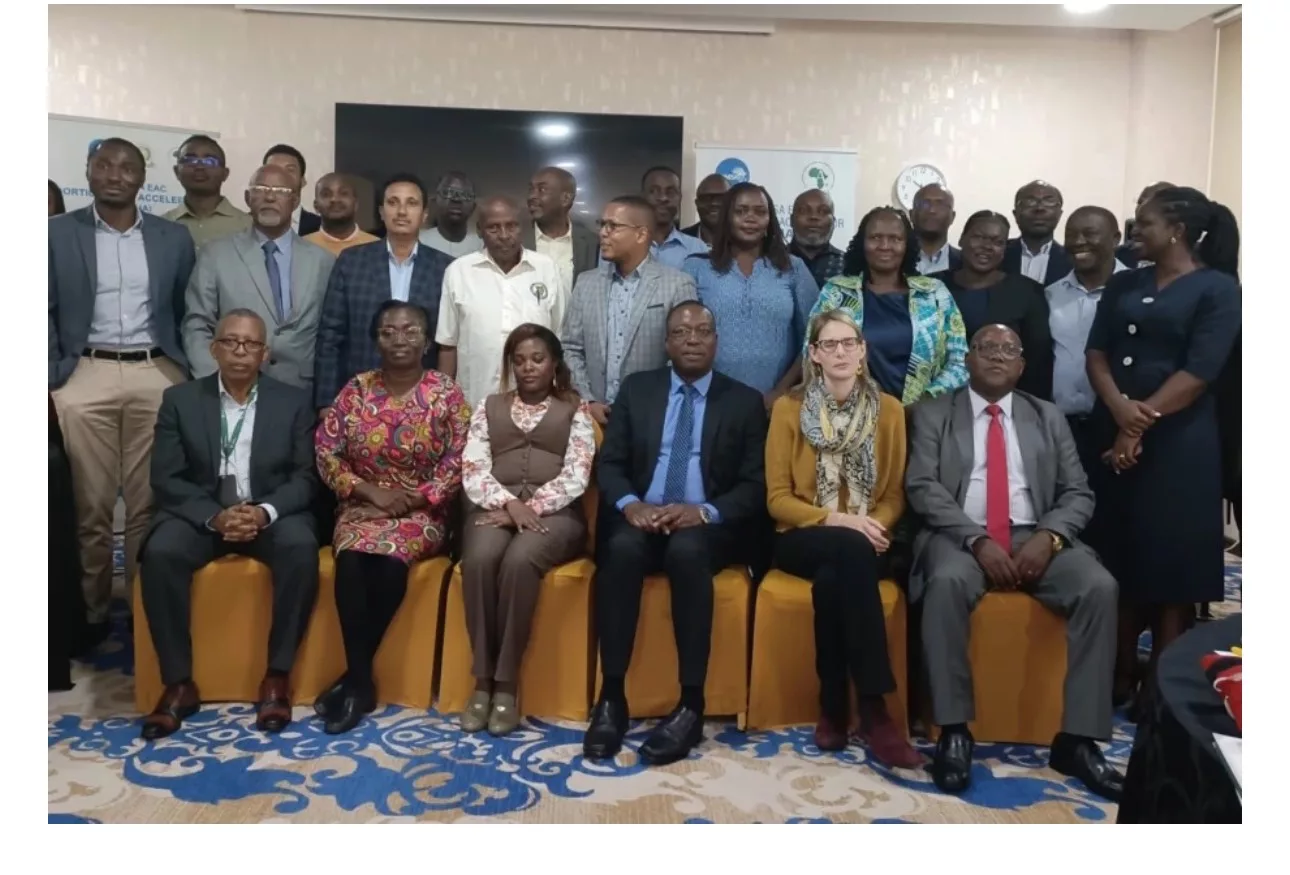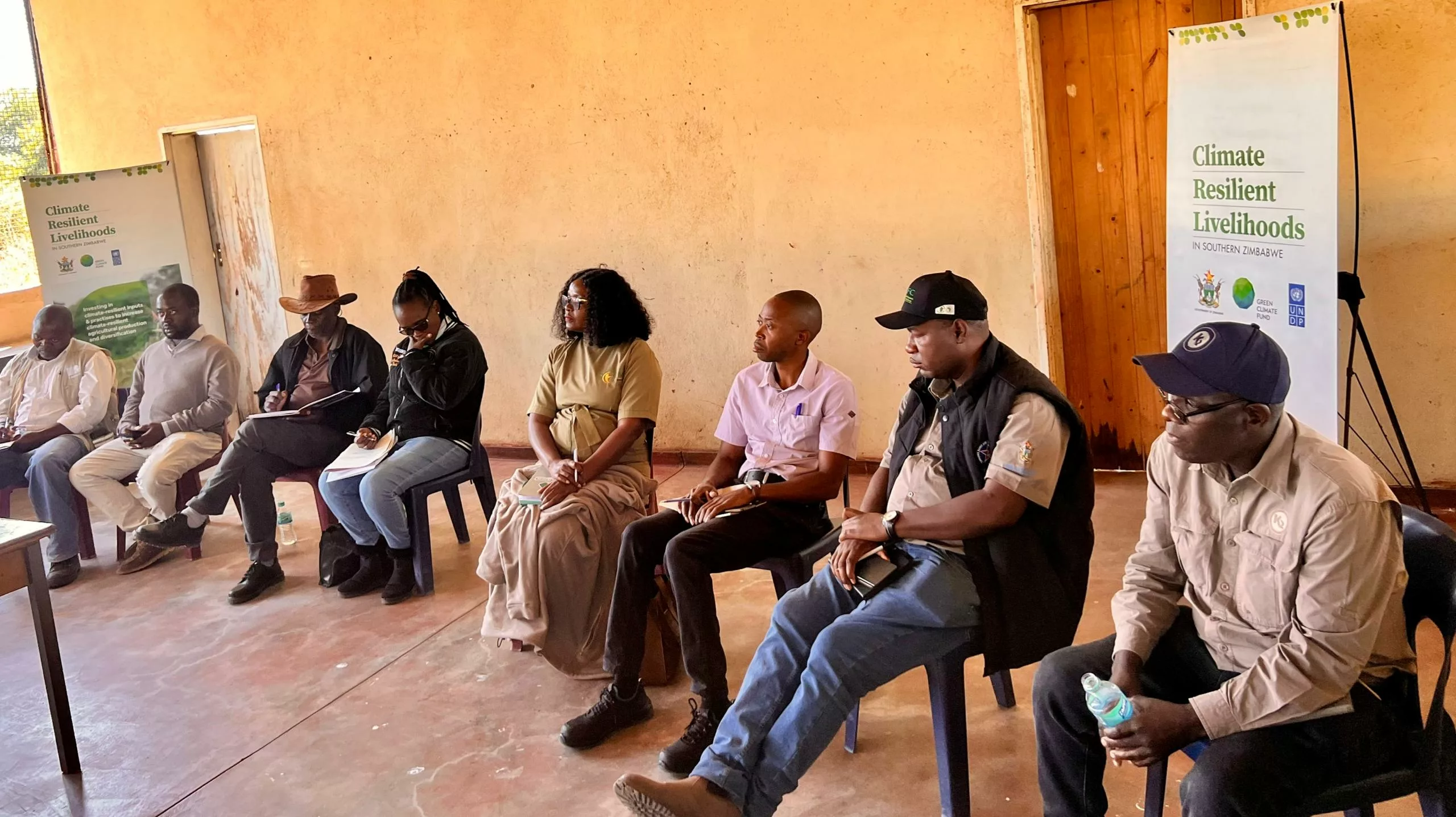|
Getting your Trinity Audio player ready...
|
As stakeholders gathered in Harare to commemorate two decades of the Comprehensive Africa Agriculture Development Programme(CAADP), it emerged that there is a need to reflect on the vital role that research plays in this transformative journey.
In a speech on his behalf during a side event at the 20th CAADP Partnership Platform titled “Research and Innovation: Catalysts for Agricultural Transformation under Comprehensive Africa Agriculture Development Programme (CAADP), Dr. Patson Chikudza, the Executive Director of the Research Council of Zimbabwe said scientific research and technological innovation have proven to be essential drivers of the CAADP progress.
He said research provides the knowledge foundation needed to tackle the complex challenges facing agriculture, from climate change to food security, while innovation translates that knowledge into practical solutions.
“As we confront pressing issues such as population growth and economic disparities, the demand for evidence-based policies becomes ever more urgent. Research equips us with critical insights that inform effective decision-making, enabling us to design interventions that are not only impactful but also sustainable. It helps in the understanding of local agricultural systems, identifying best practices, and leveraging technological advancements that can significantly enhance productivity and resilience.
“Today, the RCZ is honoured to host a diverse group of experts from research institutions, government bodies, non-governmental organizations, and the private sector. The collective experiences and insights are invaluable as we engage in discussions about successful case studies, share best practices, and explore strategies that further emphasize the importance of research and innovation in advancing CAADP’s objectives,” Dr. Chikudza said.






